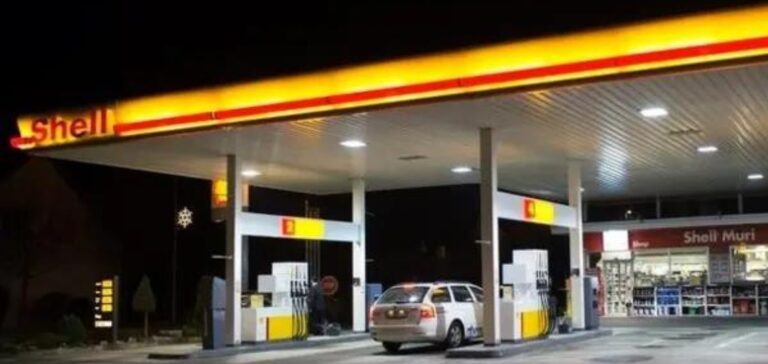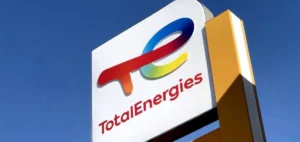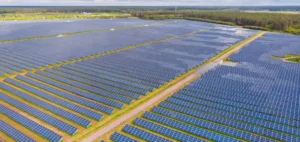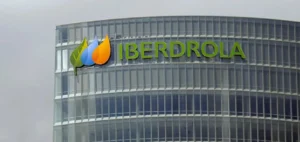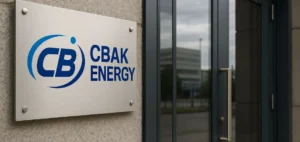Shell has published its financial figures for the third quarter, showing a solid performance despite persistent challenges on commodity markets. Group net profit rose by 4.5% year-on-year to $7 billion. However, adjusted earnings, which exclude exceptional items, fell by 34% to $6.2 billion.
Analysis of quarterly results
Shell CEO Wael Sawan highlighted the company’s strong operational performance, even in an environment of volatile hydrocarbon markets. Oil and gas prices remained high, albeit slightly down on the previous year’s peaks.
Over the first nine months of the year, Shell’s net profit fell by over 40%. This decline was mainly due to lower hydrocarbon prices, lower volumes and lower refining margins. Despite this, net income more than doubled compared with the second quarter, thanks to higher margins and oil prices quarter-on-quarter.
Reactions to Shell’s announcements
In response to these results, Shell announced a new share buyback program worth $3.5 billion, as well as a one-year dividend increase. These announcements had a positive impact on Shell’s share price on the London Stock Exchange, where it rose by 1.28% shortly after the opening.
Shell’s strategy for the energy transition
It is also important to note that Shell has recently modified its commitment to reduce oil production by 1 to 2% per year, and is now counting on “stable” production until 2030. The decision met with mixed reactions, with praise from shareholders but concerns expressed by environmentalists.
Shell CEO Wael Sawan said the company is working to ensure energy security while investing in the energy transition. Shell plans to invest between $10 and $15 billion over the next three years in energy transition initiatives.
All in all, Shell reported solid third-quarter financial results, despite the continuing challenges facing the hydrocarbon industry. Investments in energy transition and strong operational performance continue to shape the company’s future, as it seeks to balance energy security with the need to reduce its carbon footprint.

